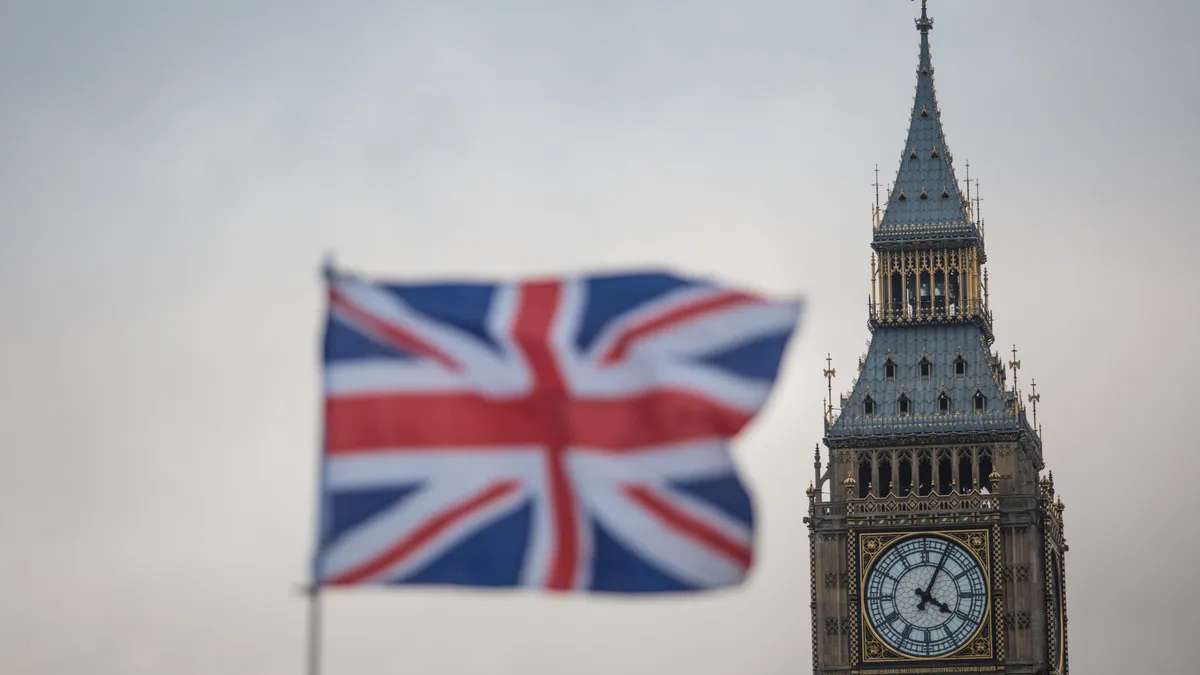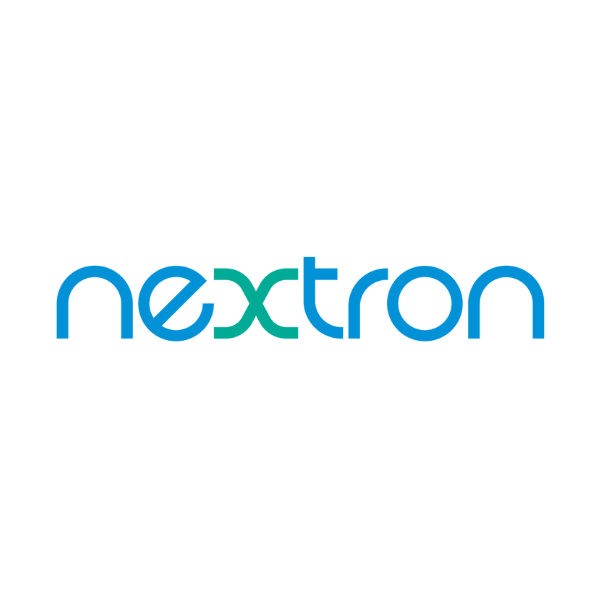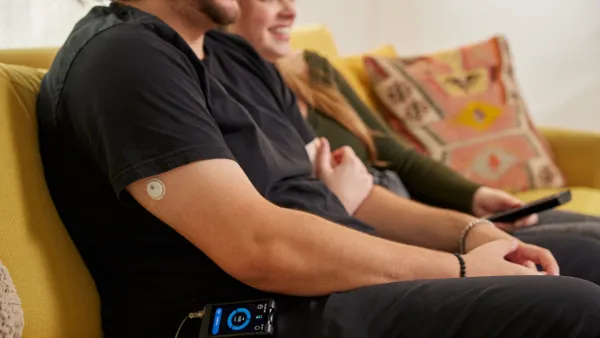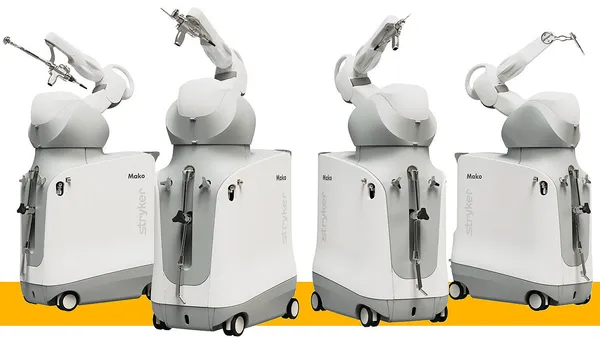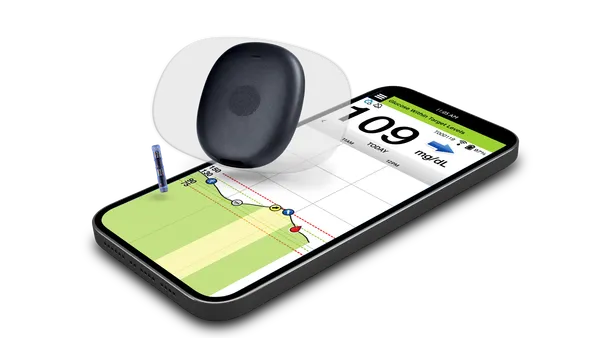Dive Brief:
- AdvaMed and its British counterpart have called for reciprocal “zero for zero” tariffs on medtech products traded between the U.S. and U.K.
- The trade groups, writing in a joint statement Tuesday, warned procurement times slipped in the first week of the tariffs but said “there is still time to ensure it does not devolve into a crisis.”
- AdvaMed and the Association of British HealthTech Industries’ (ABHI) want zero tariffs and for the U.K. to accept Food and Drug Administration regulatory approvals and clearances.
Dive Insight:
Last month, the U.K. government published a list of U.S. products it could impose tariffs on in response to the Trump administration’s actions. The list, which was open for consultation until last week, included products related to medical and laboratory settings but largely excluded the medtech industry. ABHI said actions that reduce the availability of healthtech products are not in the interests of industry or patients.
The British trade group has joined with AdvaMed to warn that “recent trade tensions and the threat of tariffs are posing a serious threat” to healthtech industries in the U.S. and U.K. By extension, the industry groups see tariffs as a threat to health systems, healthcare professionals and patients.
AdvaMed and ABHI also argued that tariffs on medical devices will not be a net positive for the finances of governments that impose the taxes. The trade groups said the medtech industry is unique because the largest payers are governments. As such, “any national revenue raised through tariffs could be offset by higher costs to the taxpayers who fund those programs,” AdvaMed and ABHI said.
The trade groups said the U.K. and U.S. should take two steps to “successfully navigate the turbulence” and avoid the negative outcomes they foresee. First, the U.S. should agree to impose no tariffs on medtech imports from the U.K., and vice versa. The zero for zero tariff proposal echoes earlier calls made by Medtech Europe, the trade groups’ counterpart in the European Union, and AdvaMed itself.
Second, AdvaMed and ABHI want the U.K. to accept premarket approvals, 510(k) clearances and other medical device authorizations issued by the FDA. The trade groups said the arrangement would “expand access to innovation for patients, enable the U.K. to continue to provide the best in clinical care and ensure the U.K. continues to be a global leader for medical technology research and innovation.”
The U.K. has proposed recognizing authorizations issued by authorities in Australia, Canada, the EU and the U.S. Under the proposal, certain devices that come to market in the U.S. via the PMA, 510(k) and de novo routes would be eligible for abridged assessments in the U.K. The U.K. plans to bring the proposal into force this year.

